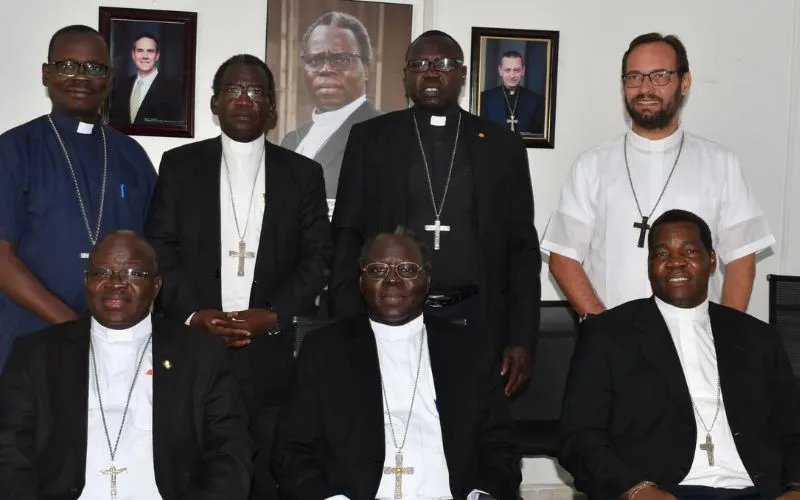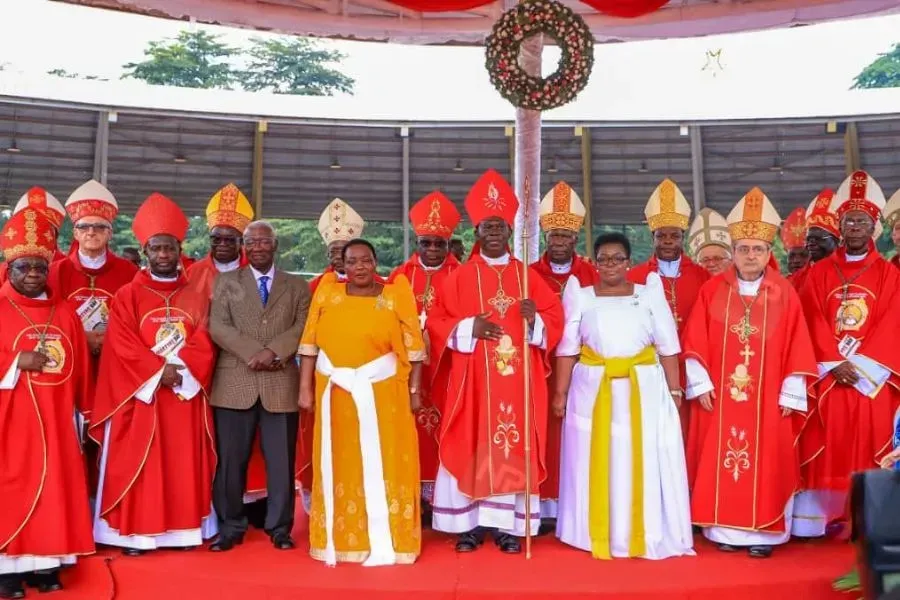Tonj, 01 July, 2024 / 4:00 pm (ACI Africa).
South Sudan is not truly at peace, members of the Sudan Catholic Bishops’ Conference (SCBC) have said, and called on the government to seal all security loopholes and prepare adequately for the country’s elections scheduled for later this year.
In a statement issued at the end of their June 27-29 meeting in the Catholic Archdiocese of Juba, members of SCBC list the December 2024 elections, increase in violence, socio-economic hardships, and the Revitalized Agreement on the Resolution of Conflict in South Sudan (R-ARCSS) as issues that must be addressed.
“South Sudan is not truly at peace. While there is no serious fighting between major armed groups, sub-national violence is taking place in many parts of the country,” SCBC members said in the statement they issued on June 29.
They said insecurity in South Sudan which is now manifested as local, ethnic, tribal, community, violence “is in fact inextricably linked to national political dynamics.”
“While South Sudan has a power-sharing transitional government of national unity, in practice there is an ongoing power struggle between the different political factions, and there is little real cooperation and trust between them,” the Bishops said, and expressed concern that politicians are now working for their own vested interests rather than the good of the nation and the ordinary people.








